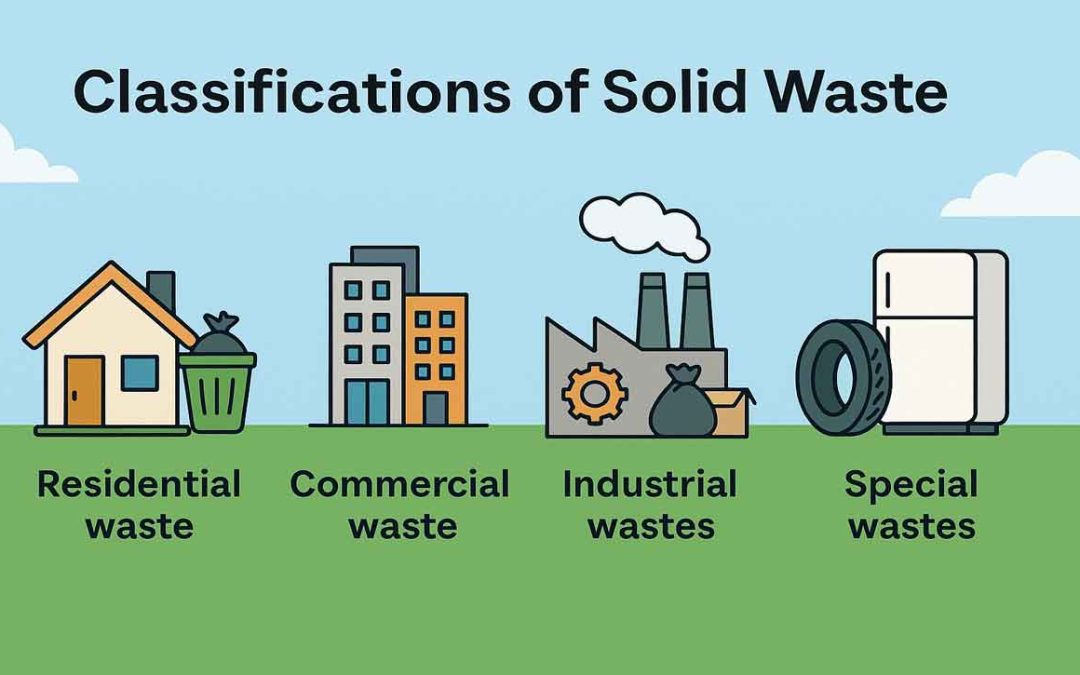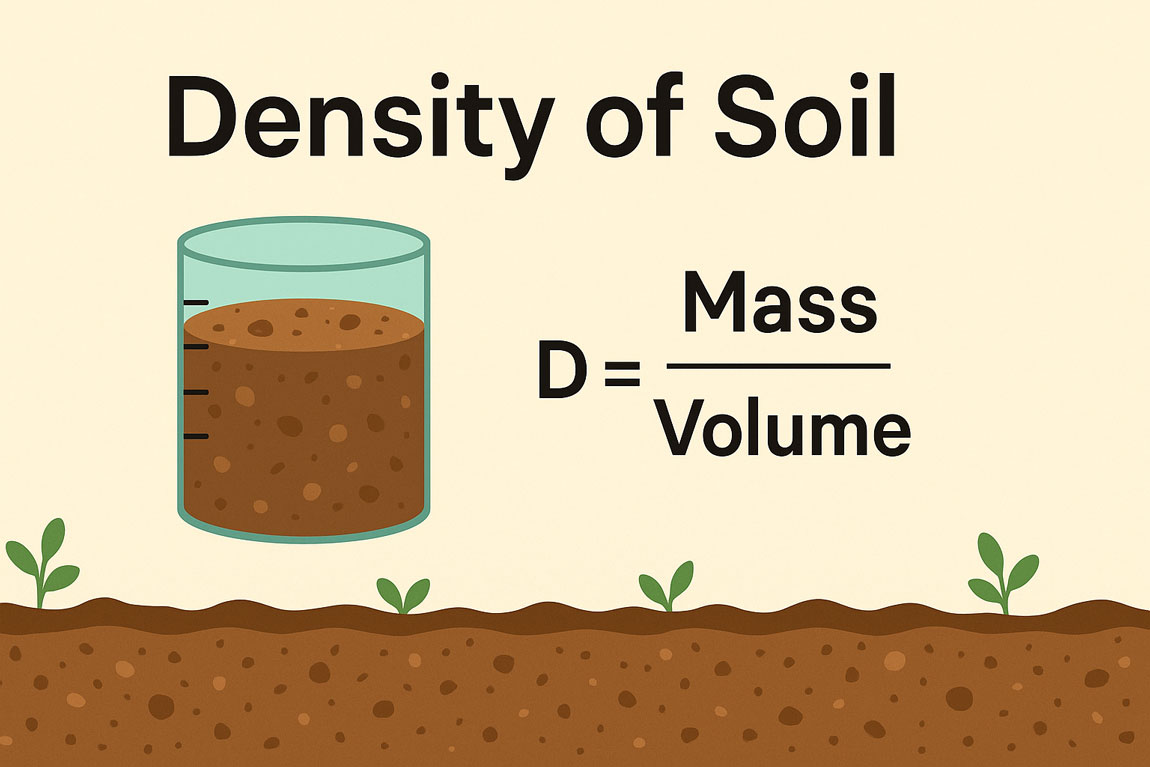Municipal solid waste (MSW) typically refers to solid or semi-solid discarded materials resulting from industrial, commercial, agricultural, institutional, and residential operations, but does not include solids or dissolved materials in industrial or domestic sewage (waste sludge), or hazardous wastes.
The latter wastes are now not permitted to be disposed of at solid waste facilities by most regulatory agencies because of its potential impacts on the environment. These materials may include volatile, chemical, biological, explosive, flammable, and radioactive materials.
While solid waste from most communities contains small amounts of similar materials such as solvents, paints, and household cleaners, they constitute a minimal potential impact upon the environment since they are a relatively small fraction of the total volume of waste generated by most communities.
Consequently, regulatory agencies in the United States and Europe do not currently consider municipal solid waste as hazardous.
Classifications of Solid Waste:
The following classifications of municipal solid waste materials will be used as a basis for subsequent discussion:
Residential waste:
Household materials are generated by residents in single-family and multi-family dwellings. These mixed household wastes include kitchen and food wastes (often called garbage). They are highly putrescible, will decompose rapidly, and pose a health and safety problem if left uncollected.
Solid waste generated by households also includes combustible materials such as paper, cardboard, plastics, and garden trimmings, and non-combustible materials such as glass, metals, and soil.
Commercial waste:
Generated by wholesale and retail stores, restaurants, markets, office buildings, hotels, motels, and other similar establishments, and large institutional facilities such as hospitals, prisons, schools, and religious institutions. The wastes generated by the commercial sector are very similar in physical characteristics and composition to those generated by residential units.
Industrial wastes:
Solid waste generated by various types of manufacturing and industrial operations, excluding such hazardous materials as solvents, oils, chemicals, and similar materials.
Special wastes:
Because of their physical characteristics, these solid wastes require special or extraordinary handling. This includes bulky materials such as abandoned vehicles, used tires, white goods (e.g., refrigerators), furniture, and materials generated from demolition and construction projects such as soil, stones, concrete rubble, bricks, lumber, and shingles.






